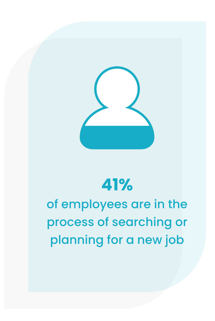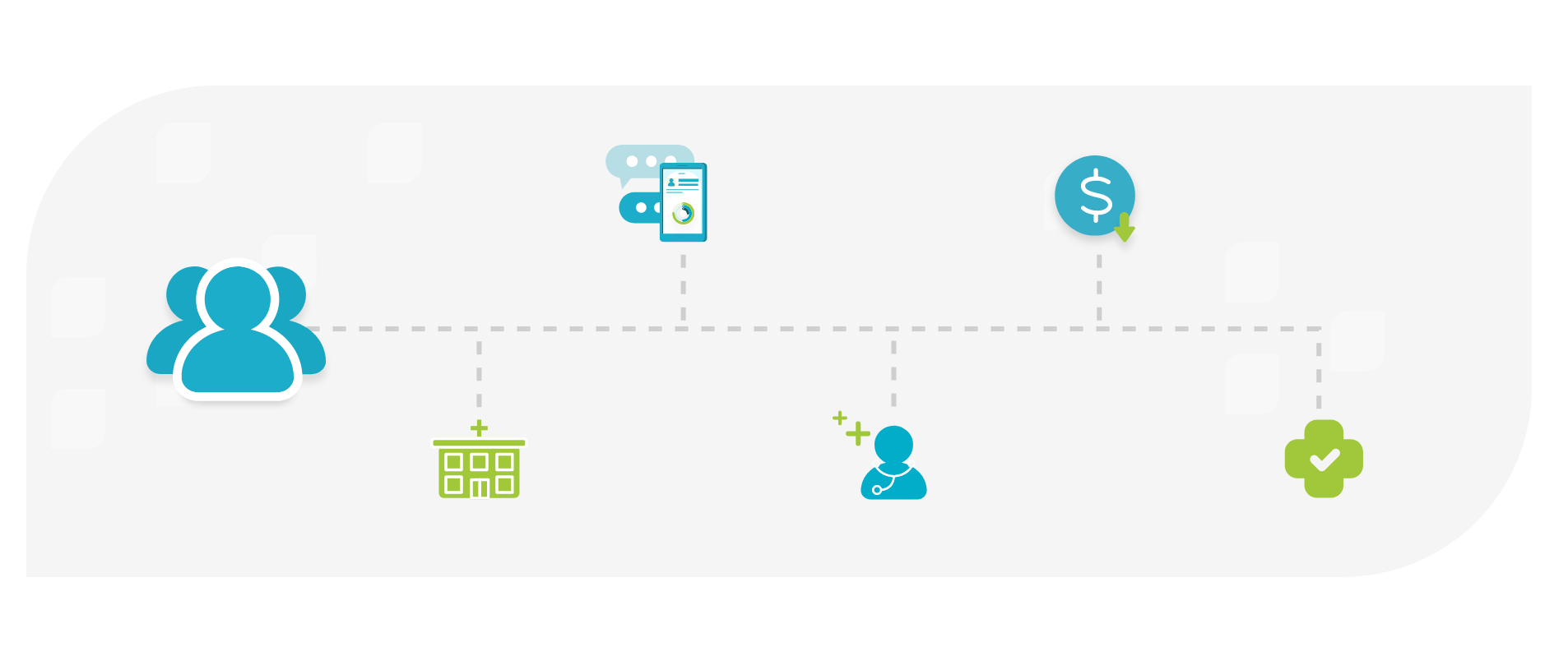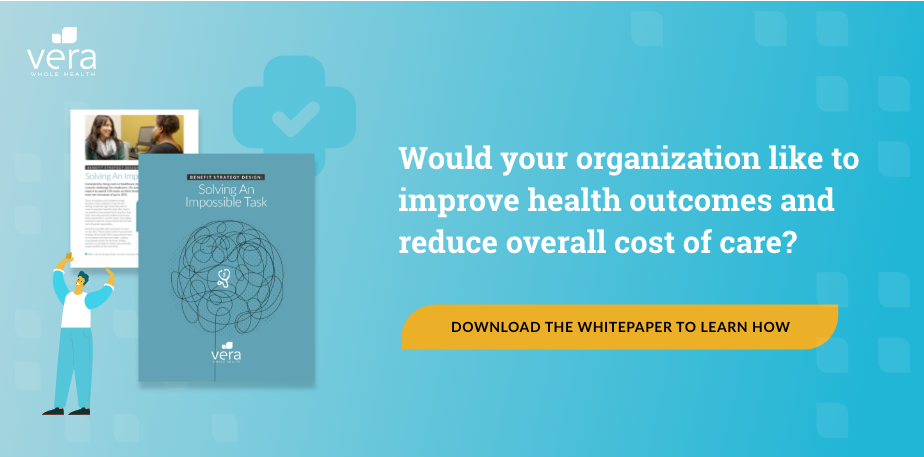As organizations face record levels of turnover, meeting the needs of millennials, the generation born between 1981 and 1996, is critical. When expanding your benefit strategy to attract and retain these workers, consider: 
- Replacing strictly health-focused plans with plans that address overall well-being. Because of the pandemic, millennials are struggling with burnout more than ever and want tools to help them achieve a balanced lifestyle.
- Moving away from fragmented approaches to healthcare that add to your management burden and are challenging for employees to understand and use. To better adapt and meet the needs of millennials, collaborative relationships between insurers, healthcare organizations, employers, and employees are necessary.
- Expanding your offerings to include holistic, personalized care with real-time support and feedback.
- Acknowledging the preference millennials have for products and services that are driven by ethical and responsible causes.
A quickly changing workforce
 At 35%, millennials make up the largest portion of the US workforce. They’re also more likely to quit their jobs than previous generations. According to Bankrate senior economic analyst, Mark Hamrick, “Gen Z and millennials are the most mobile participants in the workforce for a number of reasons. They aren’t making as much money as their older, more senior counterparts, so they’re more eager to find higher paid jobs, and they tend to be more technologically savvy, so they’re in a better position to take advantage of remote work opportunities.”
At 35%, millennials make up the largest portion of the US workforce. They’re also more likely to quit their jobs than previous generations. According to Bankrate senior economic analyst, Mark Hamrick, “Gen Z and millennials are the most mobile participants in the workforce for a number of reasons. They aren’t making as much money as their older, more senior counterparts, so they’re more eager to find higher paid jobs, and they tend to be more technologically savvy, so they’re in a better position to take advantage of remote work opportunities.”
This tendency is creating additional strain for employers at a time when, as a 2021 survey by SHRM (the Society for Human Resource Management) discovered, 41% of employees are in the process of searching, or planning to search, for a new job within the next few months.
What draws millennials?
Major healthcare companies, such as Kaiser Permanente (KP), have taken note of changing workforces. Their advice for employers comes close but doesn’t entirely hit the mark on what millennials want and need. It includes: 
- Providing employees with walk-in clinics, making access to care easier
- Prioritizing the availability of quick online diagnoses, including online interviews and auto-generated treatment responses
- Ensuring mobile access that allows employees to conveniently make appointments and communicate with providers
- Allowing for a choice of coverage components, so employees can select from up to 20 different benefits plan combinations
- Offering real-time consultations via a 24-hour consulting nurse service
These kinds of offerings are becoming more and more prevalent. However, here at Vera, we believe the way to make mobile services, hotlines, and digital interactions genuinely meaningful to millennial employees is to integrate them with a personalized and more connected healthcare experience.
Personalized care that drives outcomes — convenience that drives engagement
The personalized care that millennials seek is best achieved through an integrated advanced primary care (APC) model that prioritizes whole-person health. In the Vera APC model, employees meet with providers and Vera whole health coaches for supportive, in-person interactions or via integrated telehealth offerings, because deeper relationships are the foundation of improved health outcomes.
Here’s how Vera’s APC model meets and exceeds typical benefits offerings:
- Access: Vera places worksite clinics right where millennials work or live.
- Online services: Telehealth services provide quick and easy access when an in-person visit isn’t possible or convenient. These services are designed to integrate easily into millennials’ overall health journeys.
- Offerings beyond simple healthcare: Vera health coaches focus on the well-being of their patients, offering them tools and support to meet their physical, mental, and emotional goals.
- Convenient coverage: When millennials have convenient access to APC at little to no cost, they’re far more likely to become active participants in their care.
- Whole Health Councils: A forum where millennials and other employees take an active role in shaping the health culture of their employers

Bringing it together
As you build a benefit strategy to attract and retain millennial employees, consider a whole-health approach that ensures their mental, physical, and social needs are met. One survey found that, among employees deciding whether or not to remain at their jobs, employer-provided health coverage was a key factor for 56% of people.
Vera’s APC model provides the personalized, comprehensive care millennials want, combined with the convenient, online services they value. Worksite clinics make care convenient and our empathetic approach makes it meaningful. And, we do it all in a way that reduces total cost of care.
Vera is helping organizations improve health outcomes and reduce overall cost of care. Download Benefit Strategy Design: Solving An Impossible Task to learn how.
